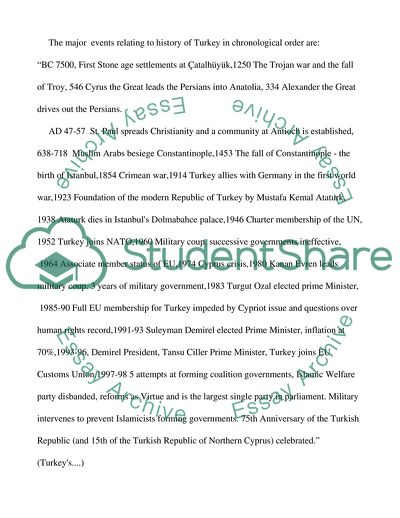Cite this document
(European Union Policy: Turkey Case Study Example | Topics and Well Written Essays - 2250 words, n.d.)
European Union Policy: Turkey Case Study Example | Topics and Well Written Essays - 2250 words. https://studentshare.org/politics/1732984-european-union-policy
European Union Policy: Turkey Case Study Example | Topics and Well Written Essays - 2250 words. https://studentshare.org/politics/1732984-european-union-policy
(European Union Policy: Turkey Case Study Example | Topics and Well Written Essays - 2250 Words)
European Union Policy: Turkey Case Study Example | Topics and Well Written Essays - 2250 Words. https://studentshare.org/politics/1732984-european-union-policy.
European Union Policy: Turkey Case Study Example | Topics and Well Written Essays - 2250 Words. https://studentshare.org/politics/1732984-european-union-policy.
“European Union Policy: Turkey Case Study Example | Topics and Well Written Essays - 2250 Words”. https://studentshare.org/politics/1732984-european-union-policy.


